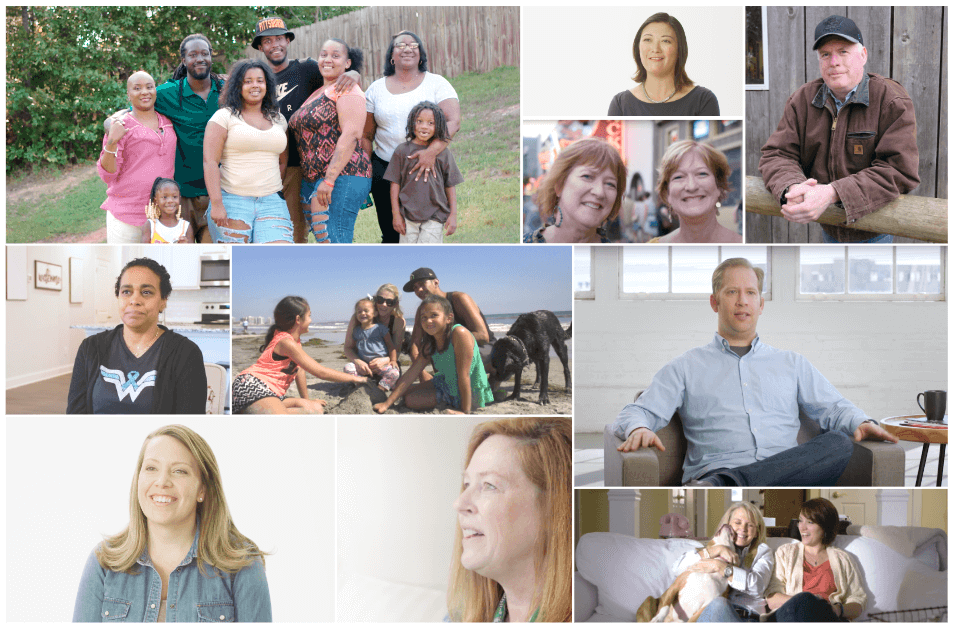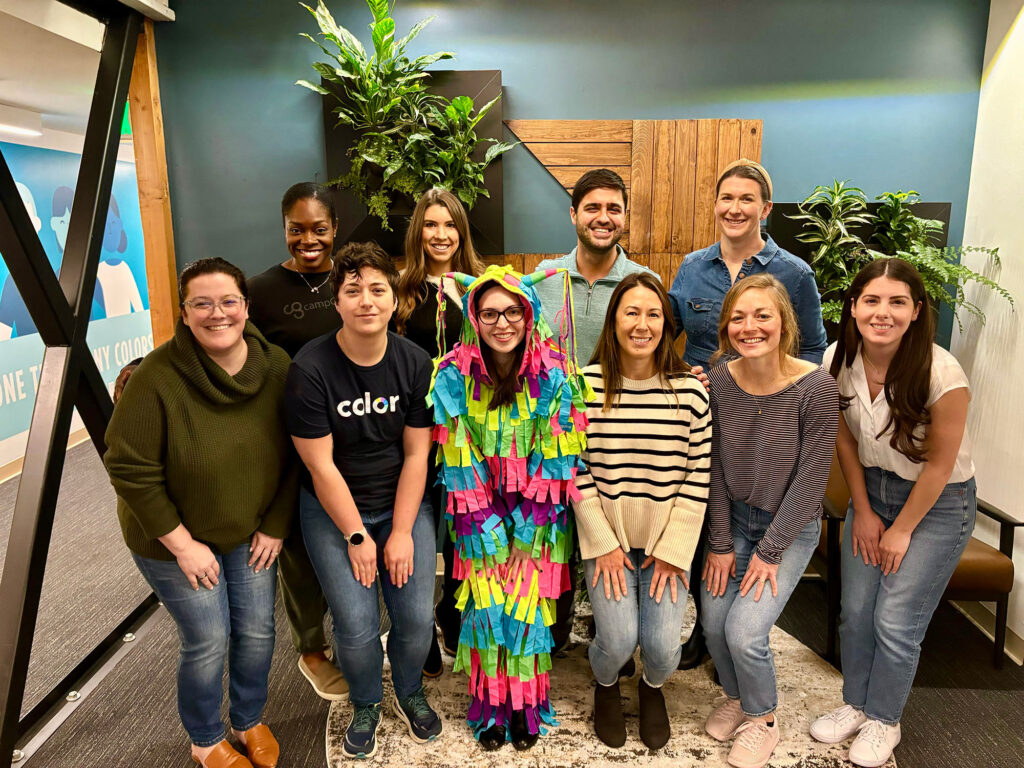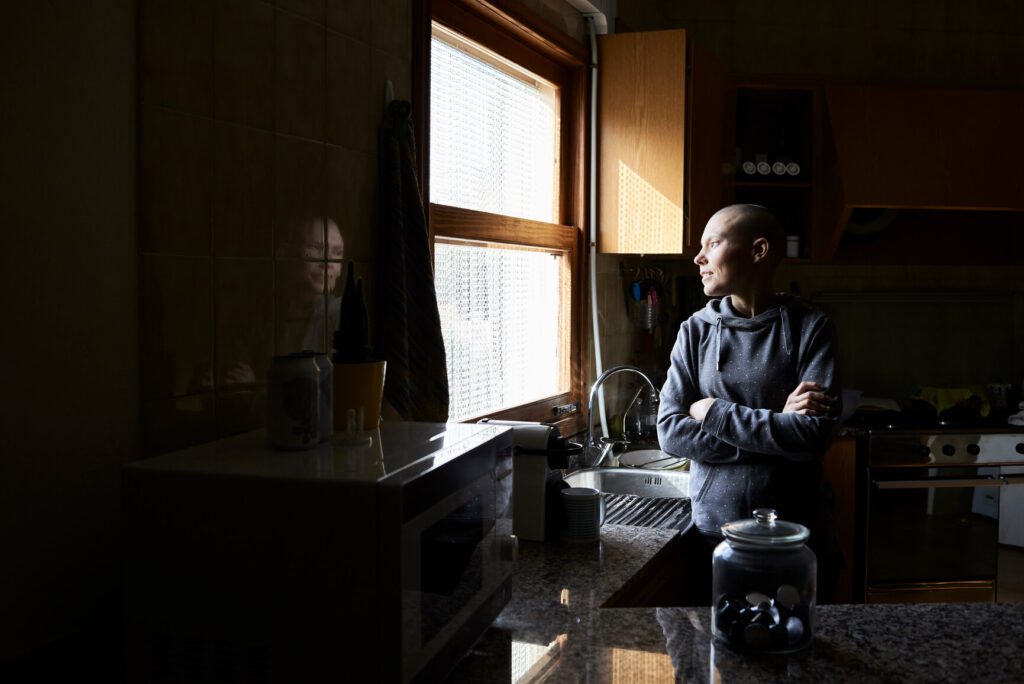News & Articles
World Cancer Day – Color
Othman Laraki
Cancer is one of the most pressing healthcare problems of our time. 14 million people are diagnosed with cancer each year and the World Health Organization estimates that this number will increase to 22 million in the next two decades. World Cancer Day is an opportunity for us to raise awareness and understanding on the ways we can help prevent, detect and treat cancer.
The cancer field has made remarkable progress in the last few decades. Today we can identify people with genetic risk for hereditary cancers, detect cancer earlier, and target treatments more effectively to help people lead healthier and longer lives. We have been inspired by many promising advancements and shared efforts. Here are a few highlights:
Cancer Moonshot
One year ago, Vice President Biden kicked off the National Cancer Moonshot Initiative to harness the powers of the public and private sectors to achieve a decade of cancer progress in 5 years. This effort has invigorated government agencies, research communities, healthcare companies, and providers to collaborate towards this shared vision.
Immunotherapy
Cancer treatments known as immunotherapy can unleash the body’s own immune system to attack cancer. In 2016, the FDA approved immunotherapies for 5 advanced forms of cancer. These immunotherapies have been life-changing for some individuals with late stage cancers.
Personalized Medicine
Our genes make us unique. Healthcare providers and researchers are moving away from a one-size-fits-all model to a more personalized approach to cancer screening and treatment. Cancer biology has uncovered insights into genetic mutations that increase a person’s risk for hereditary cancers. Knowing that an individual has a genetic mutation can be life-saving. This information allows individuals and their doctors to develop a personalized screening plan, which increases the chance of early detection. Here is an inspiring story from Lauren, one of our clients, who learned that she has a genetic mutation and as a result of more proactive screening, was able to catch breast cancer at stage 1.
We believe that everyone should have the opportunity to know if she or he is at an increased risk of cancer due to their genetics. We are continuously expanding the Every Woman Program, which partners with top cancer centers like University of California, San Francisco, The University of Washington Medical Center, Penn Medicine, and Morehouse School of Medicine to ensure genetic testing is available to all women and men — regardless of their financial situation.
In honor of World Cancer Day, Color will match up to $10,000 in donations made to the Every Woman Program. To learn more about how to understand your risk and help others, join us at Color.



